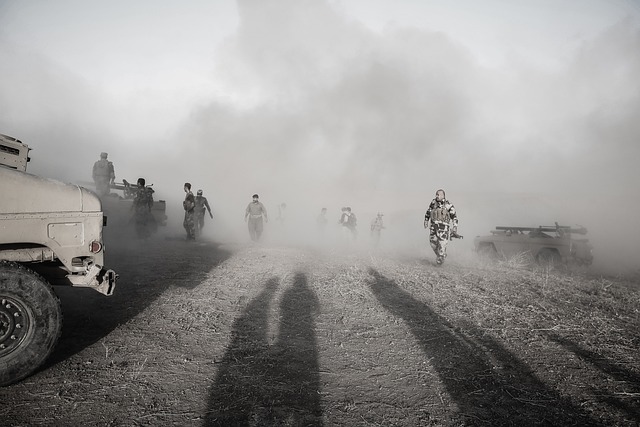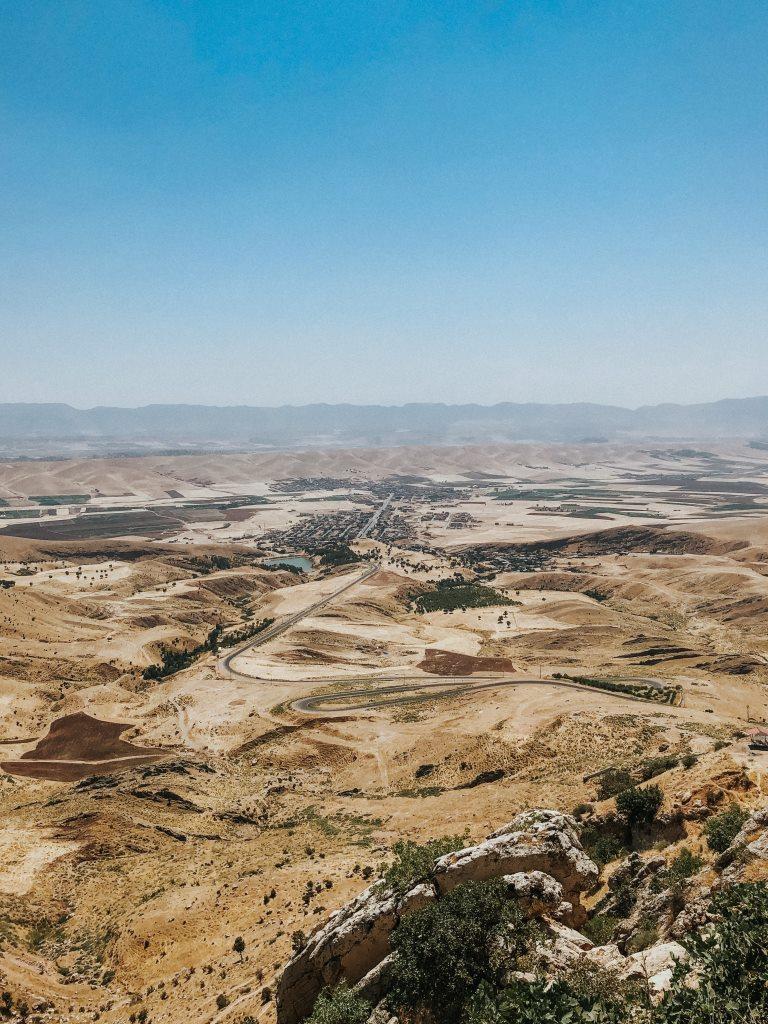Breaking
- MENU

This year marks the 20th anniversary of the US-led invasion of Iraq that overthrew Saddam Hussein. The invasion had long-lasting impacts on the country that witnessed sectarian strife, the rise of ISIS, growth, and expansion of militias with the deepening influence of Iran. In many ways, the events of 2003 altered the geopolitical balance in the region.
Since 2003, Iraq has changed remarkably, even though the results of the invasion remain mixed for the Iraqi socio-economic and political structure. Domestically, Iraq transitioned into democracy for the first time, while the 2005 constitution of Iraq made provisions for minorities, something its counterparts in the region still fail to achieve. The invasion brought a critical change concerning Kurds in Iraq, whose position within Iraqi polity, constitution, and society has since changed. As such, three main observations can be made about Kurds in Iraq after 20 years.
First, the Kurds gained recognition for their rights, language, and the status of an autonomous region. Adopting federalism was undoubtedly a radical change, and the Kurds were one of the leading players in its formation. Based primarily in the North, Kurds secured and consolidated their control within the autonomous territory. They established a Kurdish regional government (KRG) alongside a parliament and a cabinet with specialized divisions, such as defence, security, and international affairs. KRG has also advanced economically, establishing formal trade relations with various states worldwide.
As it happened, in the new constitution, Iraq’s Arab identity was watered down as more credence was lent to the Kurdish identity that remains distinct from the Arab identity. Article 3 of the Iraqi constitution recognizes Iraq as a “founding and active member of the Arab League” and a “part of the Islamic world.” Thus, instead of calling itself an Arab state, the constitution recognized the Kurdish populace alongside its Arab population.
For such a reason, the Kurdish language (spoken by around 20 percent of the population) has become one of the official languages of Iraq. Similarly, provisions related to power sharing among federal and regional governments and governorates have allowed room for Kurdish aspirations. However, several issues, like the distribution of natural resources, revenue sharing, and disputed territories, including Kirkuk, still needed to be resolved.
Second, the Kurds have emerged as a critical component in forming the Iraqi government. Nothing exemplifies the status of a group in a country as much as its role in government formation. After 2003, the Iraqi Kurds entered national politics on an equal basis with their Arab counterparts by participating in the constitution formation and subsequent national politics. In doing so, Kurds have come to exert a notable influence on Iraqi politics that has grown over the years.
If one looks at the Iraqi Parliament, where coalition governments are the norm, Kurdish backing has become instrumental in government formation. During the first election for the Parliament in 2005, an alliance of two Kurdish parties was in second place, obtaining 75 out of 275 seats. Although the Kurdish alliance unwillingly supported the Ibrahim al-Jaafari coalition government, they secured their region’s recognition of federal status and the Iraqi presidency. Meanwhile, a Kurd (Hoshyar Zebari) became the foreign minister of a country that had long persecuted its Kurdish population.
Similarly, Kurds were instrumental in helping Nuri al-Maliki to gain power. Interestingly, in the 2021 elections, the Kurdish political parties basically emerged as kingmakers after Shia political leader Muqtada Sadr withdrew from government formation. Yet, it must also be noted that Kurdish leadership is not united, causing widespread disagreements and delays in the system.
Third, the Iraqi Kurds have gained international recognition, including from India. This recognition is not limited to countries in the region but beyond. The first engagement from New Delhi occurred in 2012 after the Indian Ambassador to Iraq made the first-ever official visit to Kurdistan, during which he met the Kurdish leadership. Four years later, in 2016, India opened its consulate in Erbil (the capital of KRG).More than 20 countries have opened consulates in the Iraqi-Kurdish region over the last decade.
Meanwhile, the Indian engagement with the KRG has increased since most Indian expatriates in Iraq are now concentrated in the Kurdish region. Indian trade with the KRG is also scaling heights. Indian foreign minister S Jaishankarhas met with senior Kurdish leadership multiple times, including President Nechirvan Barzani, as the two sides seek to expand economic, technological, and developmental cooperation.
To conclude, Iraq faced numerous challenges following the invasion. However, two decades after the invasion, Kurds in Iraq have effectively expanded their role in politics, governance, and the economy as their status in Iraqi society undergoes change.
Note: This article was originally published in Financial Express on 21 March 2023 and has been reproduced with the permission of the author. Web Link
As part of its editorial policy, the MEI@ND standardizes spelling and date formats to make the text uniformly accessible and stylistically consistent. The views expressed here are those of the author and do not necessarily reflect the views/positions of the MEI@ND. Editor, MEI@ND: P R Kumaraswamy

Anuradha Jangra has completed Masters in Politics with specialization in International Studies from Jawaharlal Nehru University, New Delhi. She graduated from Delhi University with political science (Hons). Her research interests include political affairs of the Middle East, particularly minority representation, national identity, and the role of women. Other areas of interest are media, particularly cinema and the emerging roles of China in the Middle East.

June 5th marked as World Environment Day to promote awareness about environmental issues and to enco.....
